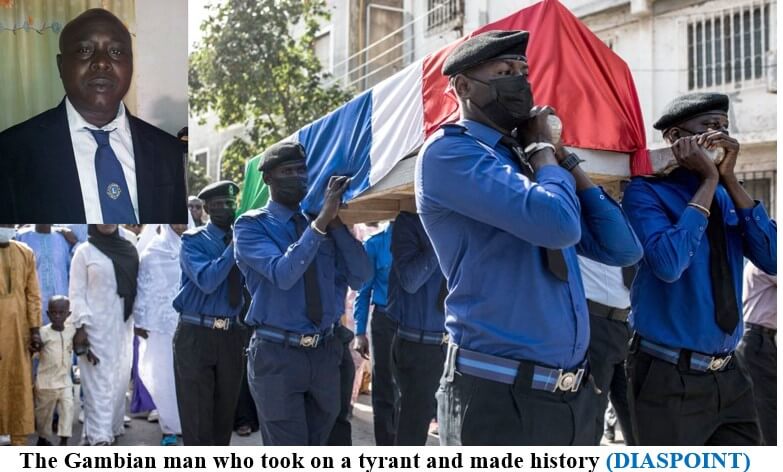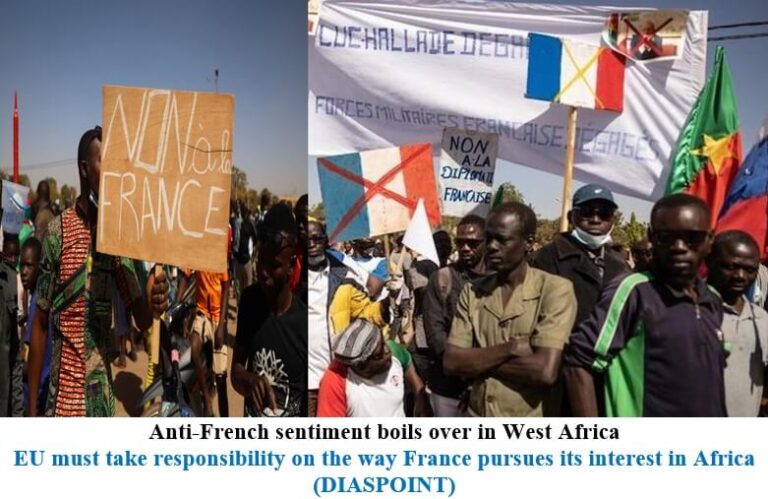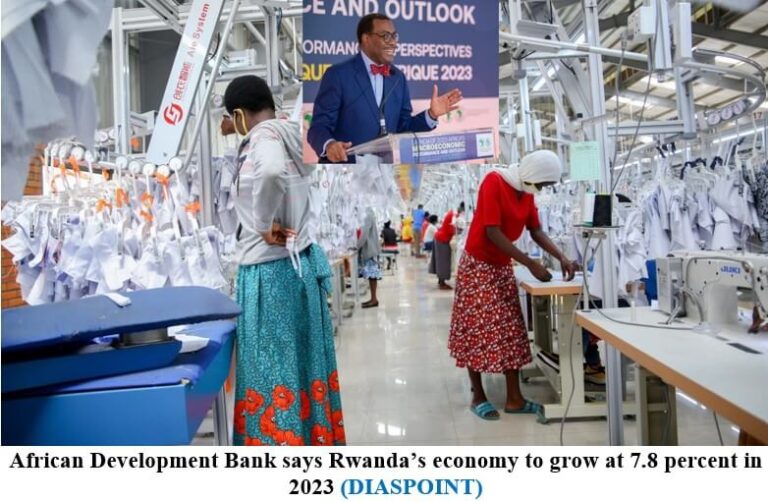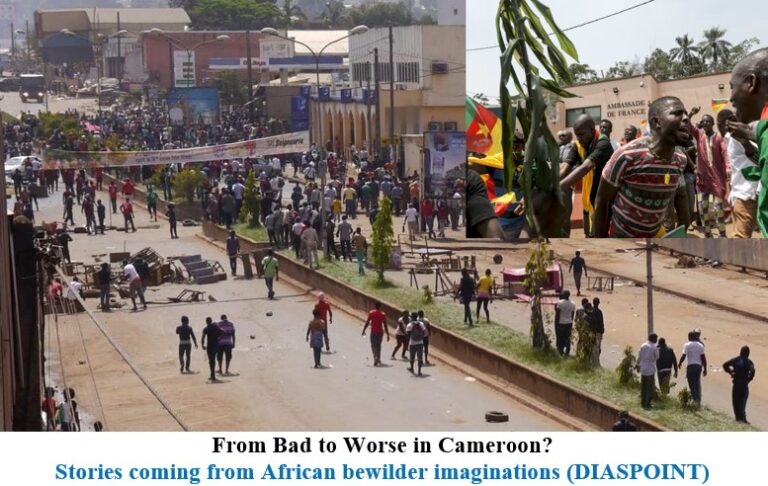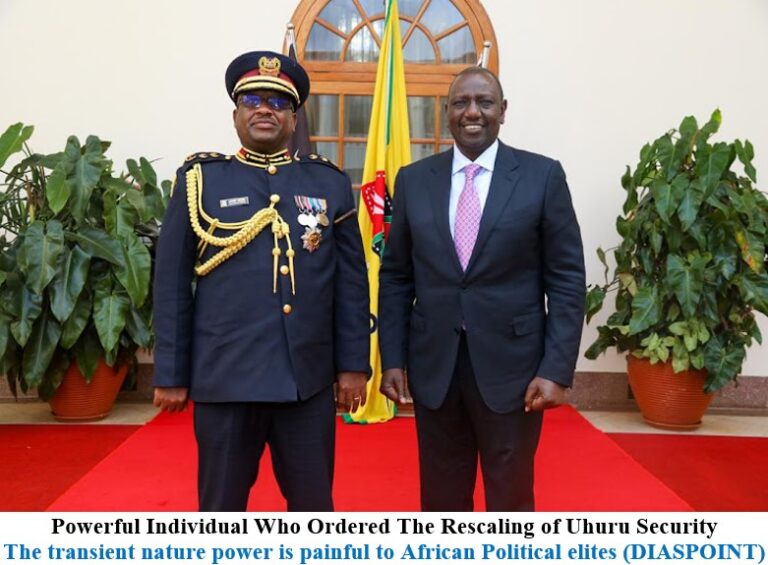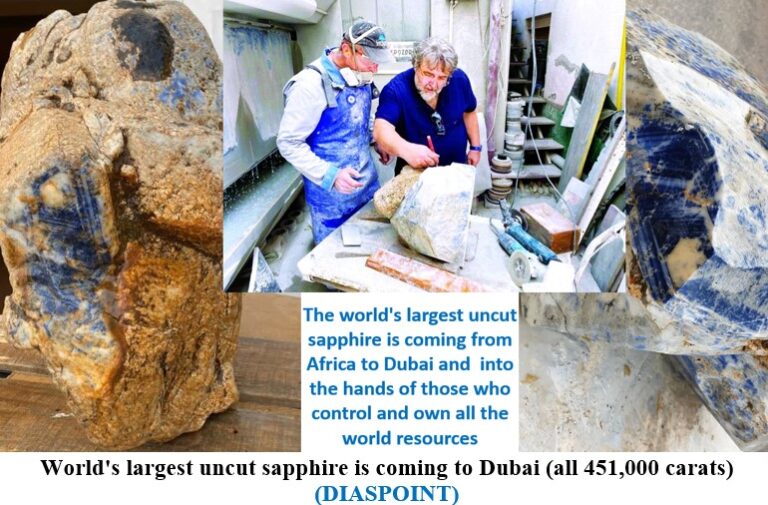The Gambian man who took on a tyrant and made history
In our series of letters from African journalists, Sierra Leonean-Gambian writer Ade Daramy pays tribute to a man whose death nearly seven years ago arguably changed history in The Gambia.
Ebrima Solo Sandeng was not in the traditional mould of an African freedom fighter. He was not an Amílcar Cabral, liberator of Guinea-Bissau and Cape Verde, or a Thomas Sankara, the anti-imperialist revolutionary who led Burkina Faso – two men slain before their life’s work was done.
But as an opposition politician in The Gambia he stood up against tyranny when very few dared to do so. This week – nearly seven years after his murder – he was honoured at a state funeral.
Sandeng’s fight was against the small West African nation’s electoral laws – legislation designed to perpetuate oppression and unfairness, allowing then-President Yahya Jammeh to remain in office indefinitely, having initially come to power following a coup in 1994.
He was angered that the fee to contest as a presidential candidate had risen from 10,000 Gambian dalasi ($161; £132) to 500,000 dalasi ($8,050).
In addition, opposition candidates were only given two weeks to campaign and feature on the national broadcaster, while the president’s nationwide meet-the-people tours were given blanket coverage.
In April 2016, armed with nothing more sinister than a megaphone, the 57-year-old led a march demanding change.
But in full view of the public, and caught by mobile phone cameras, he and some other marchers were manhandled, arrested and bundled into a vehicle.
News soon emerged that they had been beaten, tortured and, in Sandeng’s case, it was feared he had been killed by members of the notorious National Intelligence Agency (NIA).
Two days after his arrest, when he had not been produced in court and with the rumours gathering pace, his family and members of his United Democratic Party took to the streets, demanding that they wanted him back “dead or alive”.
Disappearances and killings were not uncommon for those considered a thorn in the side of Mr Jammeh’s regime.

